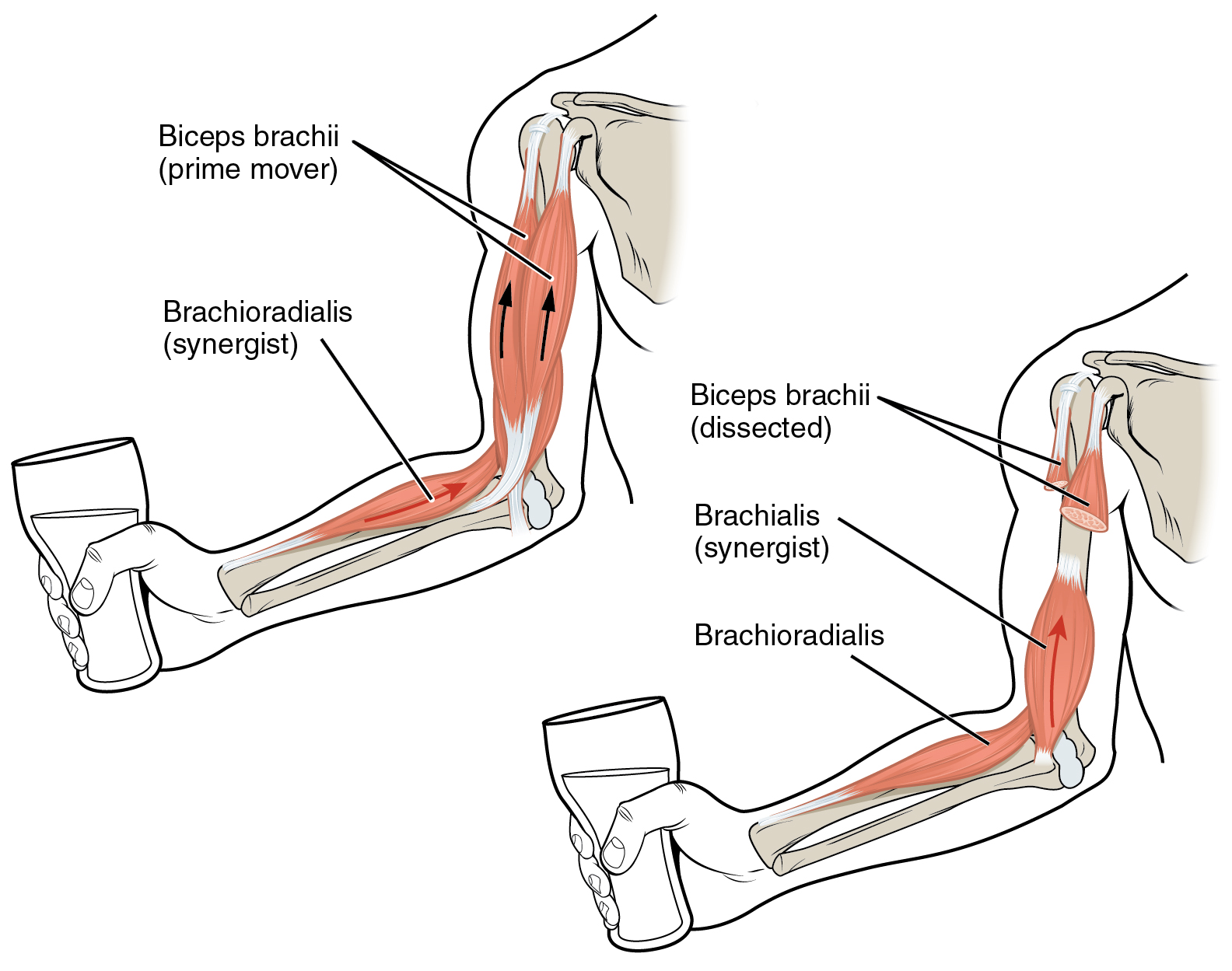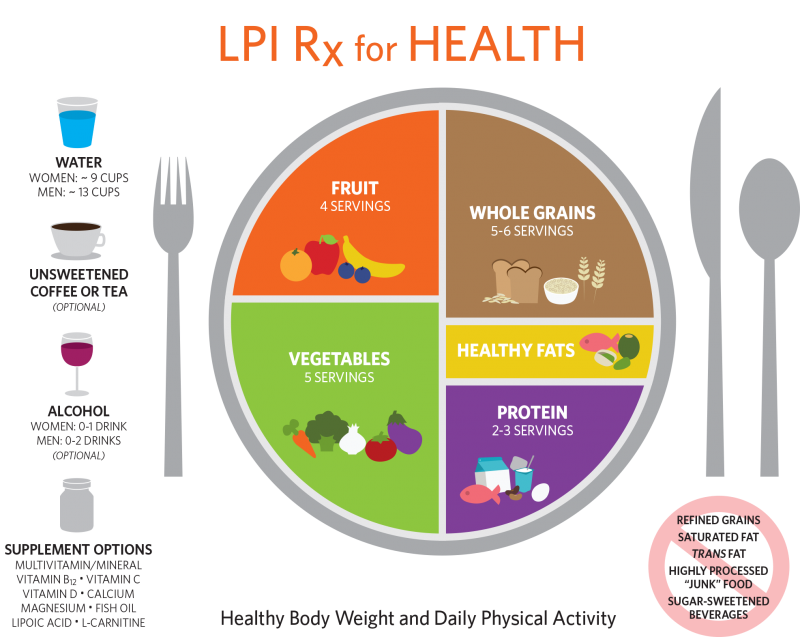What you need to know about building muscle mass

The complex, multi-faceted process of building muscle mass is not devious. Anyone with a gym membership and a willingness to get in shape can achieve tremendous strength gains over time while improving their overall well-being. While mental courage is an essential part of engaging in a force development program, your work will ultimately help you achieve your goals. Adding lean muscle mass requires a moderate level of cardiovascular activity, with a focus on strength training, healthy eating and rest.
Health benefits of building muscle mass

The development of muscle mass is sometimes associated with images of strong bodybuilders with thick pulsating veins protruding from the surface of their skin. Understanding the difference between extreme muscle hypertrophy, which involves an increase in the size of skeletal muscles, and healthy muscle gain is important. Building muscle mass has health benefits and exceeds the pleasure of feeling satisfied when you look in the mirror. According to Harvard Health Publications, active participation in weight-gaining weight-lifting exercises strengthens bones and therefore reduces the risk of contracting osteoporosis, a bone disease that negatively impacts quality of life .
Understand the process
Adding lean muscle mass is harder to achieve over time. Relative non-activity will result in a slow deterioration of muscle mass, although this process, commonly referred to as "atrophy", accelerates with age. However, you can successfully integrate different strength training strategies to maintain your strength gains. Variation is the key when you are trying to build muscle mass. Over time, the body will be less likely to respond to training that it has become accustomed to. The process of "shocking" your body requires the performance of several varied exercises. It is important to familiarize yourself with different strength training modes, such as resistance training, which focuses on the use of body weight as opposed to traditional weightlifting. An average person can develop new lean muscle mass from two to three rigorous strength training sessions lasting 30 minutes a week.
Make nutrition a priority

A decent number of those attending a gym use their usual exercise regimen as an excuse to indulge in junk food and other unhealthy dietary trends. Nutrition is perhaps the most important aspect of building muscle mass. Your body needs high amounts of vitamins and minerals, as well as protein, to effectively build lean muscle mass. The Academy of Nutrition and Dietetics recommends that you consume at least 0.8 grams of protein per kilogram of body weight per day to promote muscle development at an effective rate. You will not be able to transform your body simply by working. You must make nutrition a priority. High quality protein sources include chicken breast, eggs and 90% lean ground beef. Eat balanced portions of good fats to supplement your diet. Foods such as nuts, almonds, halibut and salmon are healthy sources of fat. Also eat whole grains, such as oatmeal, to meet your carbohydrate needs.
Valuing the importance of rest time
When you are trying to develop a lot of muscle mass, you may be inclined to decrease the rest time. However, avoiding sufficient levels of non-activity can adversely affect your body's natural ability to promote lean muscle growth. While weight lifting boosts fat loss while boosting your metabolism, your body needs time to recover from vigorous exercise. Sacrifice 36 to 48 hours of rest time between concentrated muscle group workouts. This basically means that you should not exercise the same major muscle group more than once in a two-day period. Do not underestimate the importance of sleep either. Closing the eyes eight hours a night speeds up the muscle recovery process and improves your energy level. Training is not a science, but it is a complex process that requires special attention to diet, exercise and rest.
0 Comments